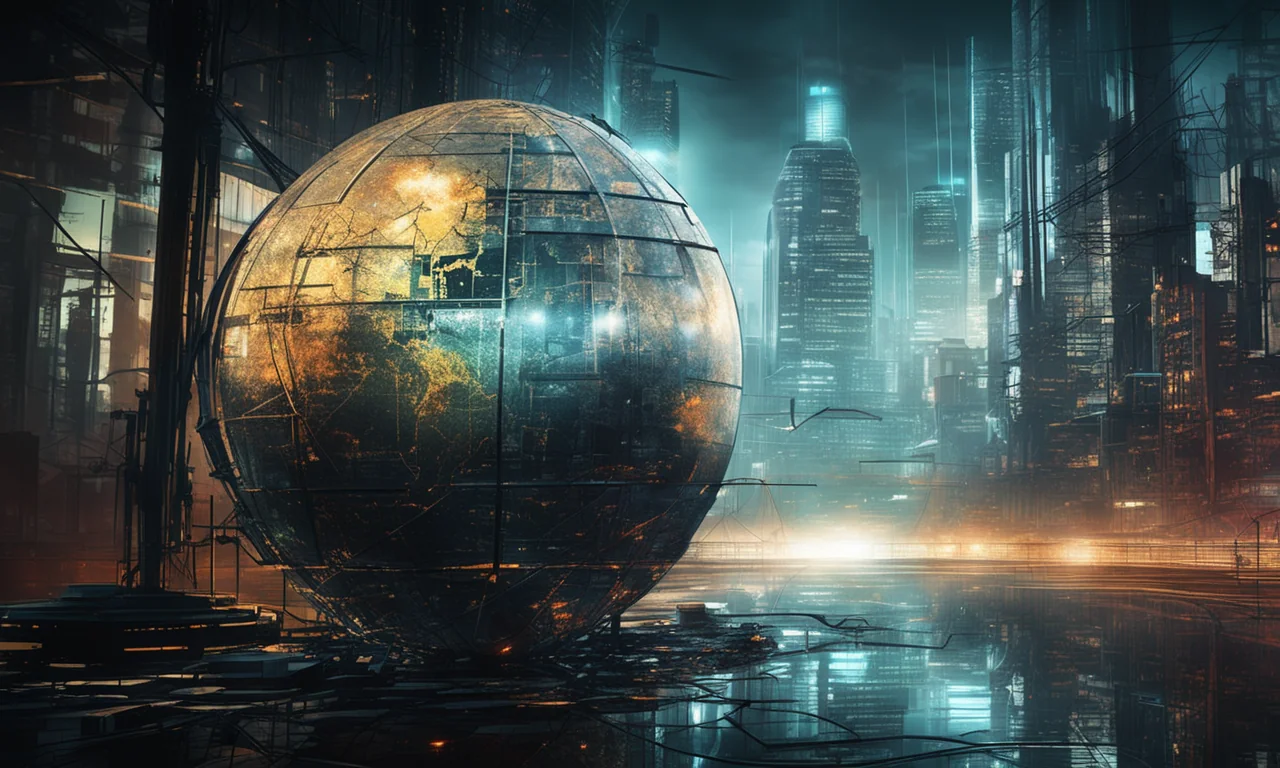
AI Infrastructure Faces Economic and Ethical Crossroads
The accelerating pace of AI innovation raises urgent questions about sustainability, equity, and creative impact.
Bluesky's technology conversations today reveal a landscape wrestling with the costs, ethics, and real-world impacts of rapid AI expansion. Across posts, a critical tension emerges between the breakneck speed of innovation and the unresolved questions about sustainability and value. From infrastructure economics to copyright debates, the community is intensely focused on who benefits—and who pays—when the digital future arrives faster than ever.
AI's Financial Reality and Economic Dependencies
The viability of large-scale AI investments dominated the discourse, with users questioning whether the current financial trajectory is tenable. As Matthew Terrill's skeptical analysis of data center economics set the tone, others echoed concerns that AI's promised returns are far from certain. The underlying anxiety is amplified by observations that tech infrastructure has become a macroeconomic linchpin, with Michael Derby's post citing GDP growth figures which show tech is propping up otherwise stagnant economies. This dependency raises alarms about placing national prosperity atop potentially unsustainable models, as satirically noted in Encephalophagy's critique of betting an entire economy on shaky infrastructure.
"Data centers produce nothing, only consume energy without gain. Data centers are the equivalent of VAC surcharges in a full on recession economy."- @tafphy.bsky.social (5 points)
Political disruption adds another layer, with TechCrunch reporting on tariffs and export controls that could further strain the tech sector's fragile balance. The specter of “too big to fail” events and an energy grid stretched by relentless AI demands leaves many wondering if innovation's cost is being shifted onto the public and future generations.
Ethics, Creativity, and the Pace of Change
Beyond economics, Bluesky users are grappling with the ethical and creative fallout of rapid AI adoption. The debate over copyrighted works used in training AI models highlights anxieties that Big Tech is prioritizing profit over creative labor and the public good. Meanwhile, the mainstreaming of AI in professional spheres is scrutinized for its narrow window of impact—Gergely Orosz warns that tech professionals must act quickly or risk being left behind, yet replies show skepticism about whether such urgency serves genuine innovation or just investor interests.
"users *hate this stuff*, man. LLMs don't create, they don't solve problems, and do not think."- @sagastar.bsky.social (15 points)
The messy reality of implementation is starkly illustrated in TechCrunch's coverage of Deloitte's AI misstep in Australia, where rushed adoption led to fabricated outputs and public accountability. Concerns around the role of AI in society are further dramatized by Peter Thiel's apocalyptic warnings about regulation, blurring the line between technological optimism and existential dread.
"He's fucking unhinged."- @weareronin.bsky.social (16 points)
Culture Shifts and the Question of Progress
Amidst the high-stakes debates, some voices suggest technology may already have peaked for everyday needs. Chris Baraniuk's reflection on retro tech's popularity frames a counter-narrative: maybe innovation for innovation's sake isn't the answer, especially when it leaves segments of society behind. The rapid churn within the AI workforce, as seen in Andrew Tulloch's reported departure, signals a field where financial motives and strategic pivots may outpace thoughtful progress.
"The truth is, technology peaked a while ago in terms of handling everyday tasks. We don't really need to go faster / more automated in many of these areas now, IMO."- @chrisbaraniuk.com (23 points)
Across Bluesky, the underlying theme is clear: as technology's reach accelerates, its impacts—economic, ethical, and cultural—demand far deeper scrutiny. The conversation continues to oscillate between hope for meaningful progress and unease about the directions big tech and AI are taking us.
Every community has stories worth telling professionally. - Melvin Hanna